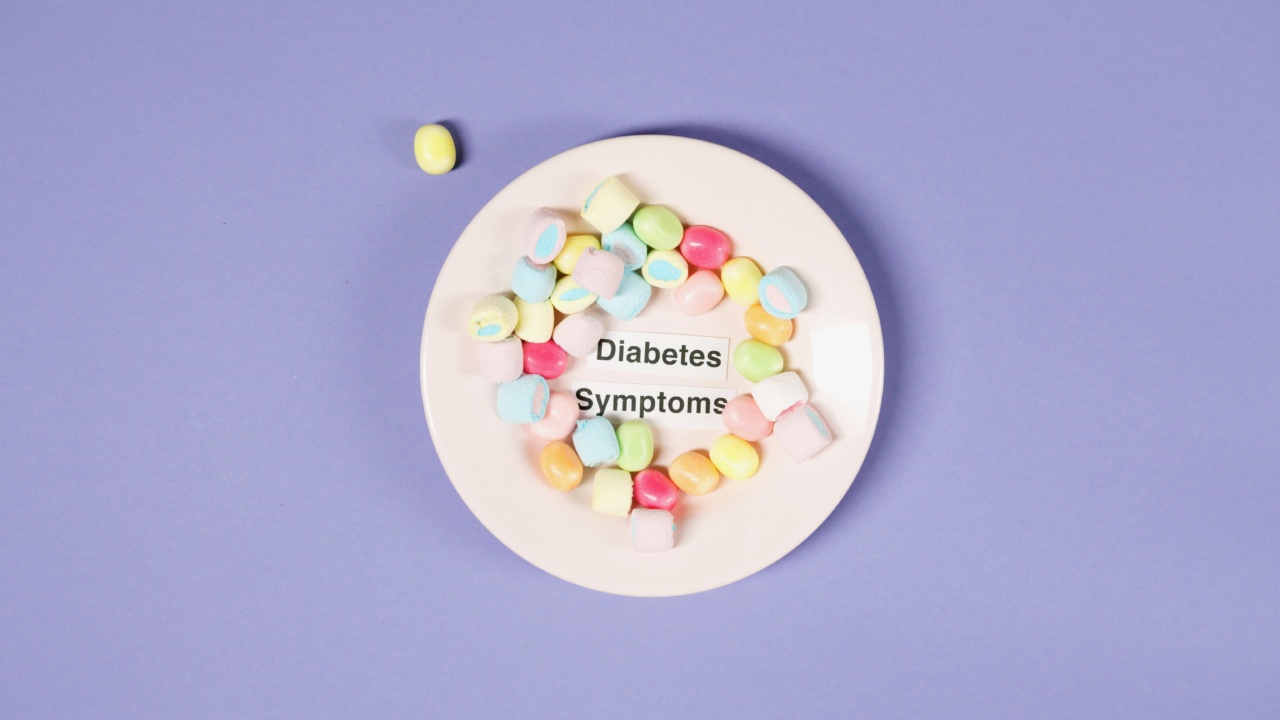Diabetes is a chronic condition that affects millions of people worldwide. One of the most severe complications of diabetes is kidney disease, which can lead to kidney failure.
Kidney disease develops when the kidneys cannot filter waste products from the blood effectively.
If you have diabetes, you are at an increased risk of developing kidney disease. High blood sugar levels can damage the blood vessels in the kidneys, leading to kidney damage over time.
Unfortunately, many people with diabetes are unaware of the link between diabetes and kidney disease.
One of the first signs of kidney disease is changes in your vision. The eyes are one of the body’s most sensitive organs, and changes in eye health may indicate underlying health issues.
In this article, we will look at the link between diabetes and kidney disease and the eye symptoms you should watch for.
Understanding Diabetes and Kidney Disease
Diabetes is a condition that affects the way your body processes glucose, a type of sugar found in food. The body needs glucose to function properly, but high levels of glucose can be harmful.
In people with diabetes, the body can’t produce enough insulin to regulate glucose levels in the bloodstream or can’t use insulin effectively.
Over time, high blood sugar levels can damage blood vessels throughout the body, including in the kidneys. When the kidneys don’t function correctly, waste products can build up in the bloodstream, leading to complications like kidney disease.
Kidney disease can lead to a range of health issues, including high blood pressure, heart disease, and kidney failure.
If you have diabetes, you are at an increased risk of developing kidney disease. Approximately one-third of people with diabetes will develop kidney disease.
Early detection of kidney disease is important for managing the condition and avoiding complications like kidney failure. Unfortunately, many people with diabetes are unaware of the link between diabetes and kidney disease.
Eye Symptoms of Kidney Disease
The eyes are one of the organs most sensitive to changes in the body, including changes caused by kidney disease. If you have diabetes, it’s important to watch for eye symptoms that may indicate kidney disease.
Blurred Vision
Blurred vision is a common symptom of kidney disease. The kidneys are responsible for removing waste products from the body, including excess fluids.
When the kidneys don’t function correctly, excess fluid can build up in the body, leading to swelling. This swelling can occur throughout the body, including in the eyes, causing blurred vision.
Dry Eyes
Another symptom of kidney disease is dry eyes. The kidneys regulate the body’s fluid levels, including the fluid in the eyes.
When the kidneys aren’t functioning correctly, the body may not produce enough tears to keep the eyes moist, leading to dry, itchy eyes.
Double Vision
Double vision is another symptom that may indicate kidney disease. Double vision occurs when the eyes don’t work together correctly, making it challenging to see one clear image.
Many factors can cause double vision, including uncontrolled blood sugar levels and high blood pressure, which are common complications of kidney disease.
Eye Pain
Eye pain can be a symptom of kidney disease. In some cases, kidney disease can cause pressure in the eyes, leading to pain and discomfort.
If you experience eye pain, it’s essential to speak with your doctor, as this symptom can be a sign of other underlying health issues.
Preventing Kidney Disease
Preventing kidney disease is critical for people with diabetes. While diabetes puts you at an increased risk of developing kidney disease, there are steps you can take to manage your condition and reduce your risk.
Manage Your Blood Sugar Levels
Managing your blood sugar levels is one of the most important steps you can take to prevent kidney disease. High blood sugar levels can damage blood vessels throughout the body, leading to complications like kidney disease.
If you have diabetes, it’s essential to monitor your blood sugar levels and take steps to keep them under control.
Eat a Healthy Diet
Eating a healthy diet is another essential factor in preventing kidney disease. A diet rich in fruits, vegetables, and whole grains is an excellent way to support kidney health.
Avoiding foods that are high in salt and saturated fat is also important for keeping blood pressure under control.
Exercise Regularly
Regular exercise is another essential factor in preventing kidney disease. Exercise helps to lower blood pressure and reduce stress, both of which can contribute to kidney damage.
If you have diabetes, speak with your doctor before starting a new exercise regimen.
Get Regular Check-Ups
Getting regular check-ups is important for monitoring your kidney function and preventing complications like kidney disease. Your doctor may recommend blood and urine tests to check for signs of kidney damage.
Your doctor can also monitor your blood pressure and blood sugar levels to keep them under control.
Conclusion
Kidney disease is a severe complication of diabetes that affects millions of people worldwide.
By understanding the link between diabetes and kidney disease and watching for eye symptoms, you can take steps to manage your condition and prevent complications like kidney disease. If you have diabetes, it’s essential to work with your doctor to manage your condition and reduce your risk of developing kidney disease.



























